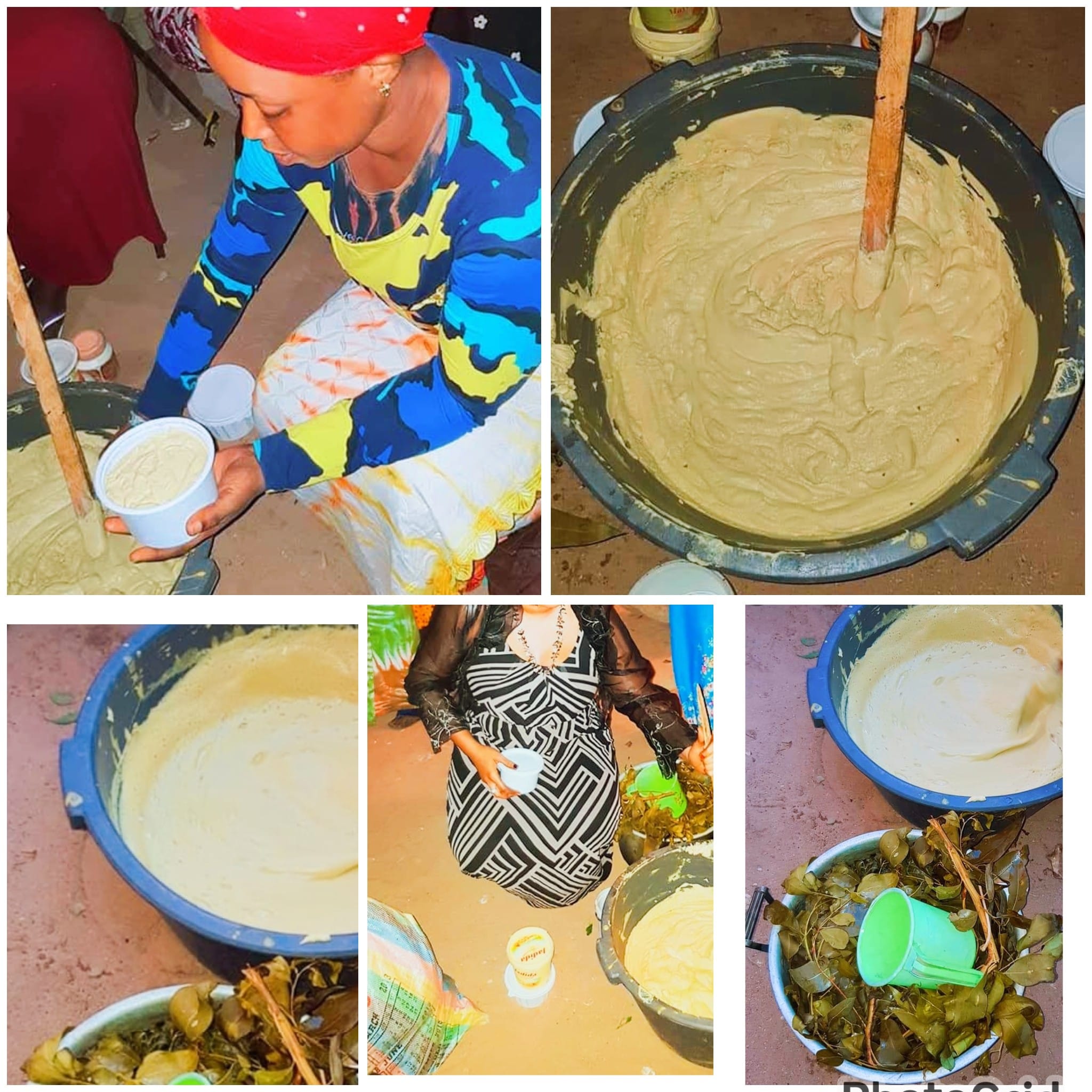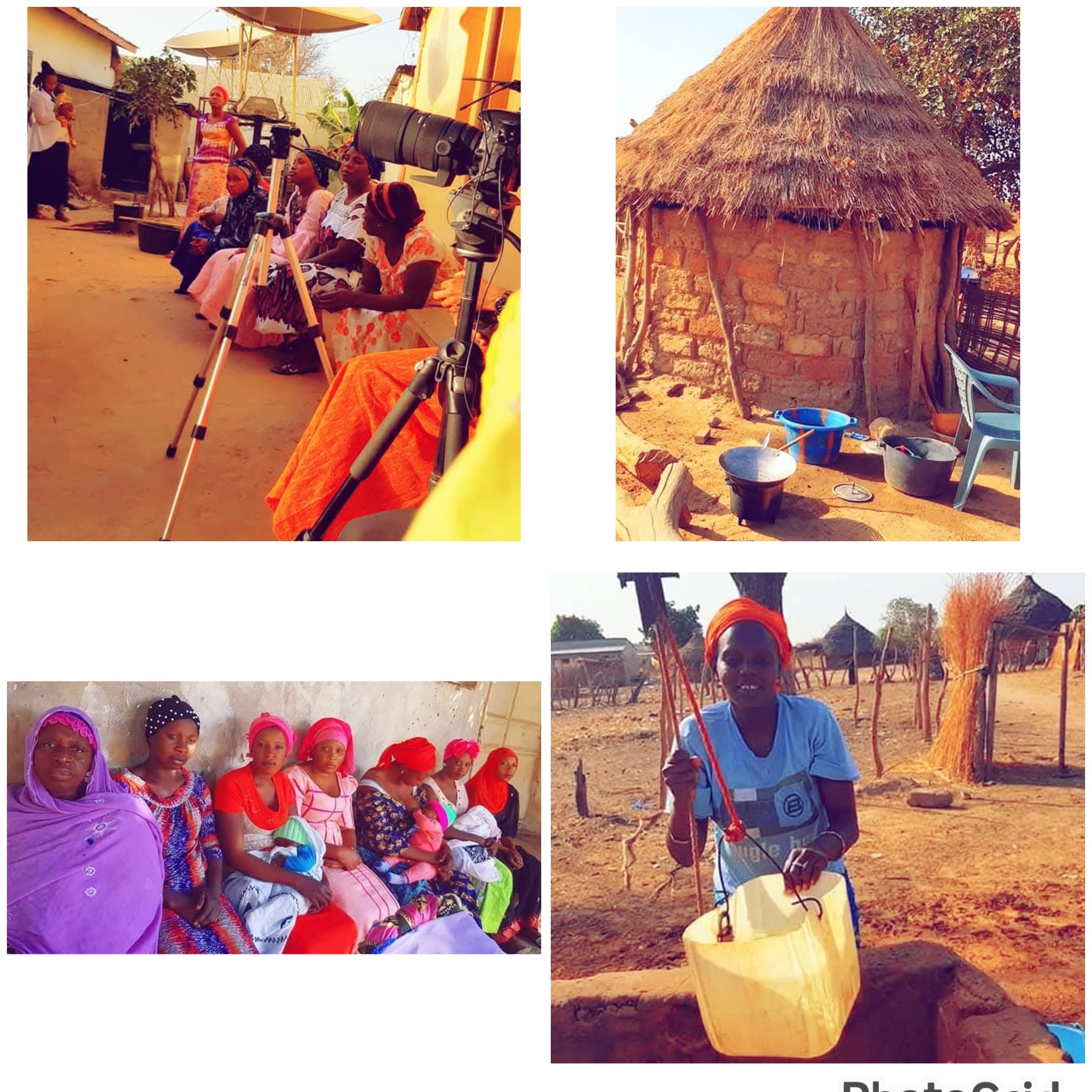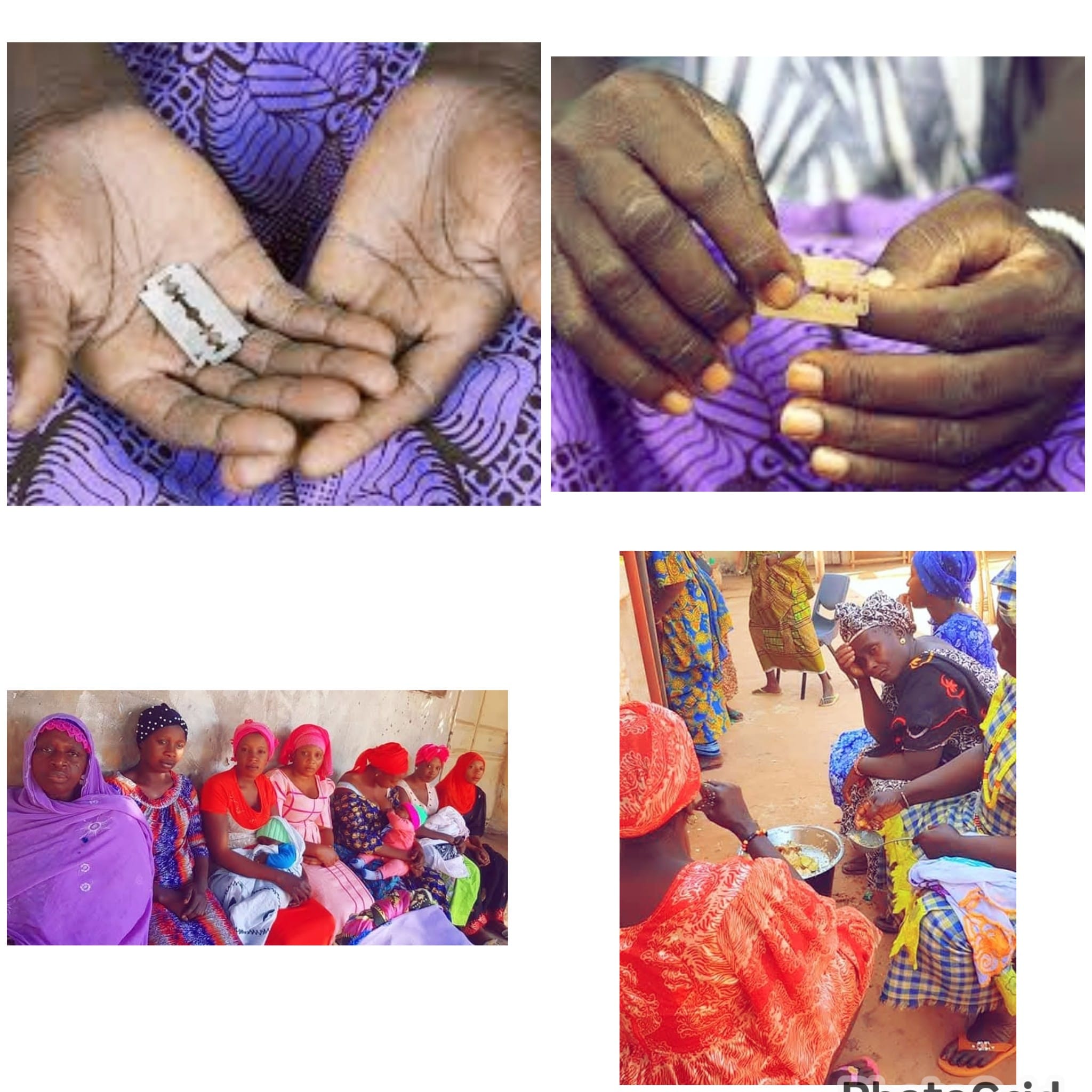
In The Gambia and Senegal, malaria continues to be one of the deadliest infections especially for pregnant women. While many are familiar with malaria’s feverish symptoms, few understand how the parasite can silently attack the placenta, triggering deadly conditions like preeclampsia.
Fatou, a healthy 22-year-old expectant mother, had no known medical issues. Yet, in her third trimester, she experienced blurred vision, rapid swelling, and intense headaches. She was later diagnosed with severe preeclampsia caused not by genetics or nutrition, but by a malaria infection that had damaged her placenta. Her baby did not survive.
Sadly, Fatou’s story is not uncommon. Many rural women never learn the link between malaria and pregnancy complications. Without access to preventative care, early screening tools like the CRADLE VSA device, or education about the signs of preeclampsia, mothers and babies continue to die in silence.
Our foundation is working to close this gap by integrating malaria and preeclampsia education into maternal health workshops, delivering portable blood pressure monitors to community health posts, and lobbying for malaria-prevention efforts that focus specifically on pregnant women.
By raising awareness of the link between placental malaria and preeclampsia, we aim to protect the lives of countless mothers who have no idea they’re at risk until it’s too late.




